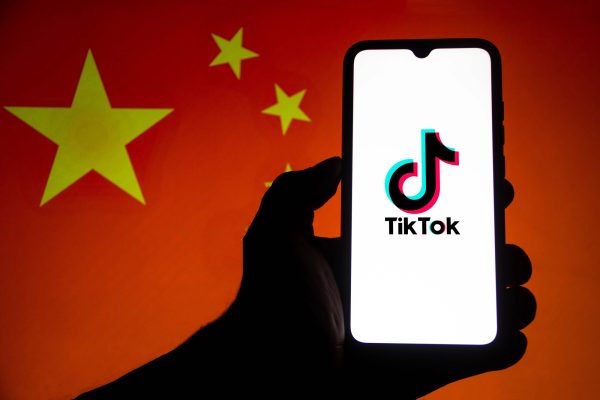By Ryan Fedasiuk
Copyright thediplomat

The Trump White House is about to claim a major win on TikTok. Don’t be fooled. The deal on the table is not a victory for U.S. national security – it is a face-saving compromise that leaves the most egregious threat unresolved. Since TikTok entered U.S. app stores in 2017, U.S. national security officials have voiced two primary concerns: First, Americans’ sensitive personal data – including keystrokes, geolocation, and pattern-of-life activity – is being harvested and stored in servers in mainland China, where this data is accessible to its intelligence services. Second, the algorithm could be used to serve up content that is ultimately shaped by Chinese Communist Party (CCP)-directed censorship, disinformation, or political influence. By storing Americans’ data in U.S.-based servers operated by U.S. companies, the deal unveiled in Madrid on September 16 could partially address this first issue. But the second, larger concern – algorithmic control – is left untouched. Oracle, Silver Lake, and Andreessen Horowitz are reportedly preparing to spend billions merely to license the algorithm from ByteDance. That means the CCP retains a veto over the code that decides what 170 million Americans see every day. In other words, the deal permits American companies to spend billions for an algorithm ultimately controlled by the CCP. How did we get here? It’s because, for both the U.S. and Chinese negotiating teams, the best alternative to a negotiated agreement was eliminating TikTok from the American market – an outcome even less preferable than the most incomplete of deals. The Trump team came out swinging at TikTok by demanding full, forced divestiture in 2020. Congress cemented the American negotiating position by passing the Protecting Americans from Foreign Adversary Controlled Applications Act (PAFACA) in 2024. The Supreme Court upheld its ability to enforce this in TikTok, Inc. v. Garland. The law of the land is to force TikTok’s operations from American soil if ByteDance does not relinquish “all direct and indirect control” of the app Despite overwhelming and well-founded national security concerns, no one in Washington wants to be the one to pull the trigger on an app with this much cultural and economic weight. The White House knows a ban would be massively unpopular; Beijing knows that walking away would cost ByteDance $15-30 billion in annual revenue. By February, it was clear that the Chinese side would rather yank TikTok from American app stores than accept the humiliation of a forced sale that would have handed Americans control over its content. This deadlock created a strange equilibrium. U.S. negotiators talked tough while quietly searching for a deal that kept TikTok alive. Beijing held firm on algorithmic control, knowing Washington’s political appetite for a full ban was low. Into this stalemate stepped American investors who spotted a lucrative arbitrage opportunity, and a White House eager to show progress ahead of a potential Trump-Xi meeting at the APEC leaders’ summit. The result is a deal that satisfies neither side’s red lines but allows both presidents to claim a win and move on. TikTok survives, ByteDance keeps control of its secret sauce, and the White House can credibly claim to protect Americans’ data while ignoring the central problem – CCP leverage over the social media diet of 170 million Americans. Congress should not mistake this for a strategic solution. At a minimum, lawmakers should demand independent, continuous auditing of TikTok’s recommendation system, disclosure of major algorithmic changes, and enforceable transparency on how content is ranked or suppressed. Anything less will leave the United States with shiny new server racks and the same old problem: a live microphone from Beijing’s censors into the pocket of every American teenager.



